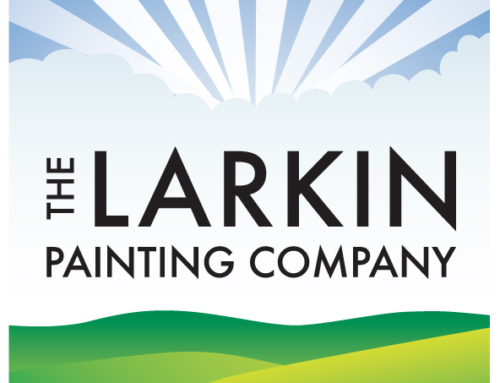1. Twitter May Fall While LinkedIn Rises
While other social media platforms are seeing steady or rapid growth, Twitter has failed to grow its user base in 2017. Recently, the platform tried to revive its reach by expanding its traditional 140 character count to 280 characters, but this effort’s success has yet to be seen. Some users are actually irritated that what they believed was a differentiator for the platform is now gone. Indeed, using under 140 characters forced individuals and brands to be precise and succinct in their ideas. It was challenging but fun. Now, however, the platform is more akin to Facebook or LinkedIn in how many characters it allows, and it will likely suffer because of that.
2. AI & Behavioral Marketing Will Make Strides Together
In 2017, marketing platforms collected and stored information such as site usage, browsing patterns, search history and content preferences to create customer profiles and behavior marketing strategies that help marketers create custom messages to address these prospects. But the next step is even more exciting.
3. Brands Will Invest Heavily in Influencer Marketing
Influencer marketing as a strategy has been growing in popularity for the past few years, but new and different types of brands are now starting to take notice. According to Inc.com, 84% of marketers planned on executing at least one influencer marketing campaign during 2017, and businesses generate $6.50 for every $1 invested in influencer marketing. Clothing and beauty brands have had great success with using micro influencers and major celebrities for a while now, but now brands like Amazon are getting in on the action.
4. New Advertising Formats Will Circumvent Ad-Blocking Technology
Every day, shoppers are discovering ad-blocker software, much to their delight and the disappointment of marketers. 100 million consumers in the U.S. will be ad-block users in 2020, up from 44 million in 2016. According to Optimal.com estimates, this will add up to more than $12 billion lost in display ad revenue in 2020.
Google is working on a Chrome tool that mutes autoplay videos, which might be good news for consumers, but not such great news for advertisers.
5. Privacy Protection Will Be a Major Priority Across the Globe
With the onset of new privacy regulations across the globe, brands that sell to customers in Europe and beyond must be prepared to comply. The new European Data Protection Regulation (GDPR), in particular, will redefine what online privacy means for all organizations, as they’re faced with requests (and requirements) for the permanent erasure of customer information through the “right to erasure” and restrictions about how prospect data is collected and used for marketing initiatives.
Courtesy: Digital Marketing Institute
Click here for the full blog.






